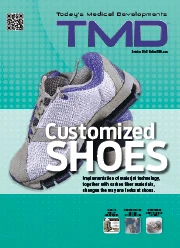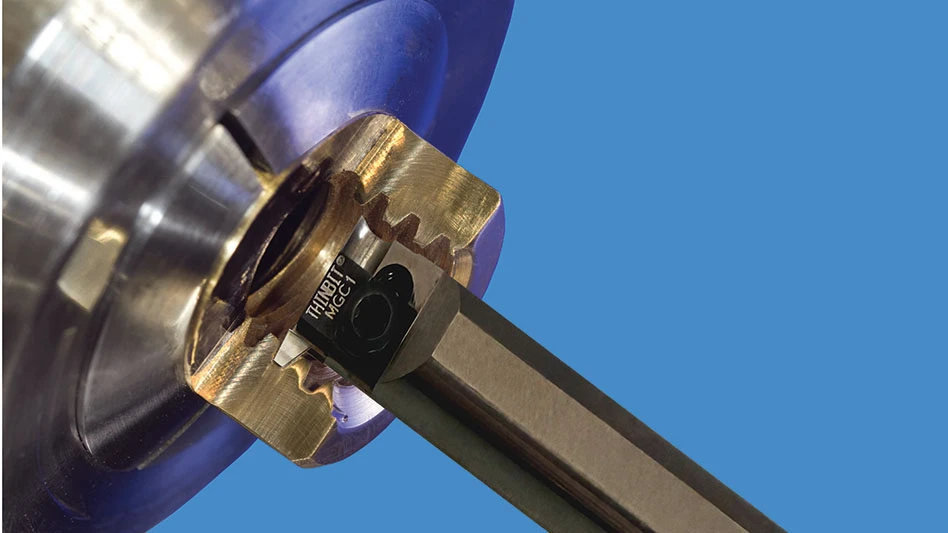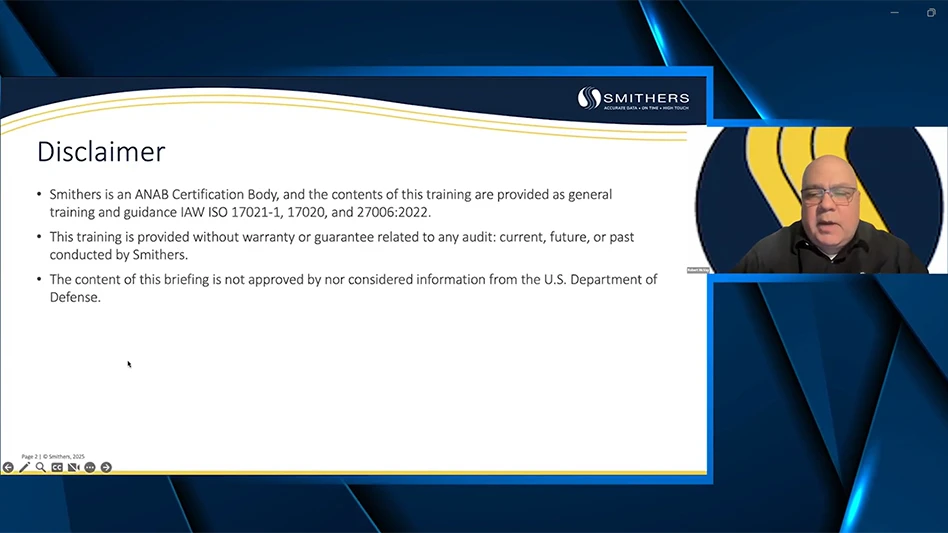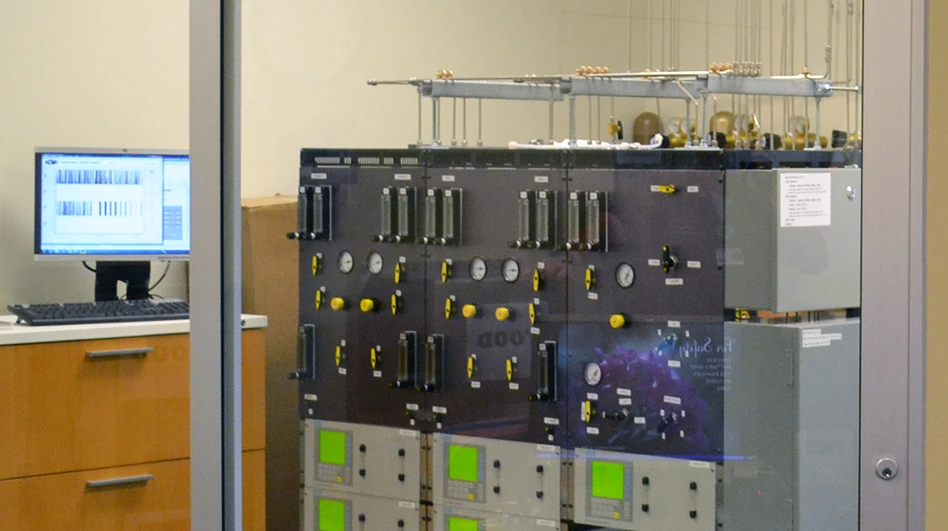 Strokes are the fourth leading cause of death and a common cause of long-term disability in the United States, with doctors having very few proven treatment methods available. Today, a new device that mechanically removes stroke-causing clots from the brain may be a game-changer.
Strokes are the fourth leading cause of death and a common cause of long-term disability in the United States, with doctors having very few proven treatment methods available. Today, a new device that mechanically removes stroke-causing clots from the brain may be a game-changer.
In a recent clinical trial, the Solitaire Flow Restoration Device dramatically outperformed the standard mechanical treatment. Findings from the trial, Solitaire With the Intention for Thrombectomy (SWIFT), are in the The Lancet.
Solitaire, approved by the U.S. Food and Drug Administration in March 2012, is among an entirely new generation of devices designed to remove blood clots from blocked brain arteries in patients experiencing an ischemic stroke. It has a self-expanding, stent-like design, and once inserted into a blocked artery using a thin catheter tube, it compresses and traps the clot. To remove the clot, doctors withdraw the device, which then reopens the blocked blood vessel.
“This new device is significantly changing the way we can treat ischemic stroke,” says the study’s lead author, Dr. Jeffrey L. Saver, director of the UCLA Stroke Center and a professor of neurology at the David Geffen School of Medicine at UCLA. “We are going from our first generation of clot-removing procedures, which were only moderately good in reopening target arteries, to now having a highly effective tool.”
Results of the study show that the device opens blocked vessels without causing symptomatic bleeding in or around the brain in 61% of patients, while the standard FDA–approved mechanical device – a corkscrew-type clot remover called the Merci Retriever – was effective in 24% of cases.
Using Solitaire also led to better survival rates within three months of a stroke. The motrality rate of the new device was 17.2%, compared with a 38.2% rate with the older one.
The cause of about 87% of all strokes is by blood clots blocking a blood vessel supplying the brain. The stroke treatment that has received the most study is an FDA–approved, clot-busting drug known as tissue plasminogen Activator (tPA). However, the drug must be administered within four-and-a-half hours of the onset of stroke symptoms, and even more quickly in older patients.
When clot-busting drugs are not available, manual removal of the clot during, or beyond, the four-and-a-half–hour window is also an option. The current study, however, did not compare mechanical clot removal to drug treatment.
For the trial, researchers randomly assigned 113 stroke patients at 18 hospitals to receive either Solitaire or Merci therapy within eight hours of stroke onset, between January 2010 and February 2011. The patients’ average age was 67, and 68% were male. The time from the beginning of stroke symptoms to the start of the clot-retriever treatment averaged 5.1 hours. Forty percent of the patients had not improved with standard clot-busting medication prior to the study, while the remainder had not received it.
At the suggestion of a safety monitoring committee, the trial ended nearly a year earlier than planned due to significantly better outcomes with the experimental device.
Other statistically significant findings included:
- 2% of Solitaire-treated patients had symptoms of bleeding in the brain, compared with 11% of MERCI patients
- At the 90-day follow-up, overall adverse event rates, including bleeding in the brain, were similar for the two devices
- 58% of Solitaire-treated patients had good mental/motor functioning at 90 days, compared with 33% of Merci patients
- The Solitaire device also opened more vessels when used as the first treatment approach, necessitating fewer subsequent attempts with other devices or drugs.
Covidien, the manufacturer of the Solitaire device, funded the study. The Solitaire device is cleared by the FDA for use in the United States and is approved for use in Europe.
David Geffen School of Medicine at UCLA
Los Angeles, CA
www.healthsciences.ucla.edu
Covidien
Mansfield, MA
www.covidien.com

Explore the October 2012 Issue
Check out more from this issue and find your next story to read.
Latest from Today's Medical Developments
- Betacom, Siemens launch 5G network platform to accelerate manufacturing innovation
- Starrett’s AVR400 CNC vision system
- US cutting tools orders decreased 2% from November 2024
- SMW Autoblok's Manual Jack connection kit
- MedTech Innovator welcomes five new industry partners
- First Article Inspection for quality control
- The manufacturing resurgence is here – are you ready?
- Workholding solutions for your business





